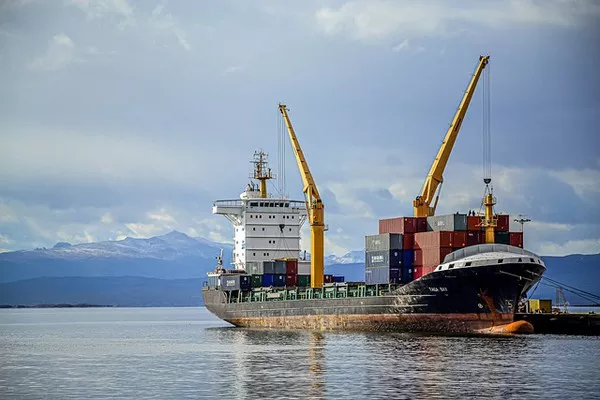Japan has expressed strong criticism of Russia’s decision to join China in banning imports of Japanese seafood in response to the release of treated radioactive wastewater from the damaged Fukushima Daiichi nuclear power plant. This decision by Russia has been seen as an unjust move by Japan, which has been making efforts to provide transparent and scientifically sound explanations regarding the safety of the treated water release from the Fukushima plant and the safety of Japanese seafood. The Japanese government has been actively working to minimize the impact of China’s seafood ban, setting up relief funds, promoting seafood sales domestically, and conducting measures such as temporary seafood storage.
While the International Atomic Energy Agency (IAEA) has reviewed the safety of the wastewater release and found it to have a negligible impact on the environment, marine life, and human health, the ban by Russia adds another layer of challenge to Japan’s seafood industry, which has already been struggling with the consequences of China’s ban.
The release of treated radioactive wastewater from the Fukushima plant, a process expected to continue for decades, has faced strong opposition from fishing groups and neighboring countries, causing concerns and disputes over the potential impact on the marine environment and food safety.
Japan continues to seek actions based on scientific evidence and urges the withdrawal of Russia’s seafood import restrictions.

